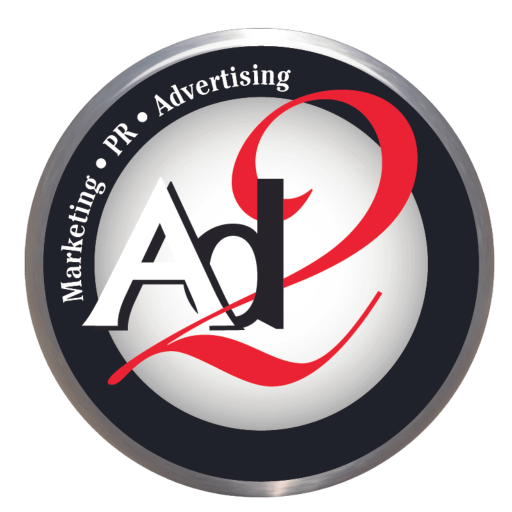Stay off the FTC’s Spam list.
CAN-SPAM covers email messages that advertise or promote a commercial product or service. “That means all email-for example, a message to former customers announcing a new product line-must comply with the law,” the FTC explains. The agency created this checklist to help ensure that your company’s email communications comply with the law.
• Don’t use false or misleading header information. Your email must show the true identity of the sender and must identify the originating domain name and email address.
• Don’t use deceptive subject lines. The subject line must accurately reflect the content of the message.
• Identify the message as an ad. You must disclose clearly and conspicuously that your message is an advertisement.
• Tell recipients where you’re located. Your message must state your valid and complete physical postal address.
• Tell recipients how to “opt out” of receiving future email from you. Each email must give recipients an easy way to be removed from (or “opt out” of) your distribution list or to modify the types of messages they receive from you. “Make sure your spam filter doesn’t block these opt-out requests,” the FTC cautions.
• Honor opt-out requests promptly. You must honor opt-out requests within 10 business days at no cost to the recipient. You can’t require the recipient to give you any personally identifying information beyond an email address.
• Monitor what others are doing on your behalf. The law makes your company legally liable for compliance even if you hire a third party to manage your email lists. • Text messages are governed by the TCPA (Telephone Consumer Protection Act) which prohibits any calls or texts to mobile phones which are sent by autodialer or which are sent to numbers on the National Do not Call registry.
